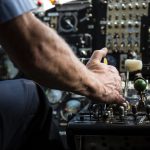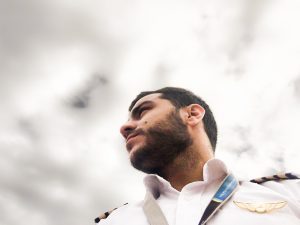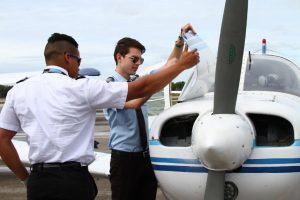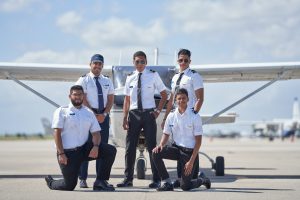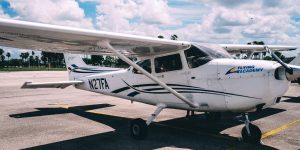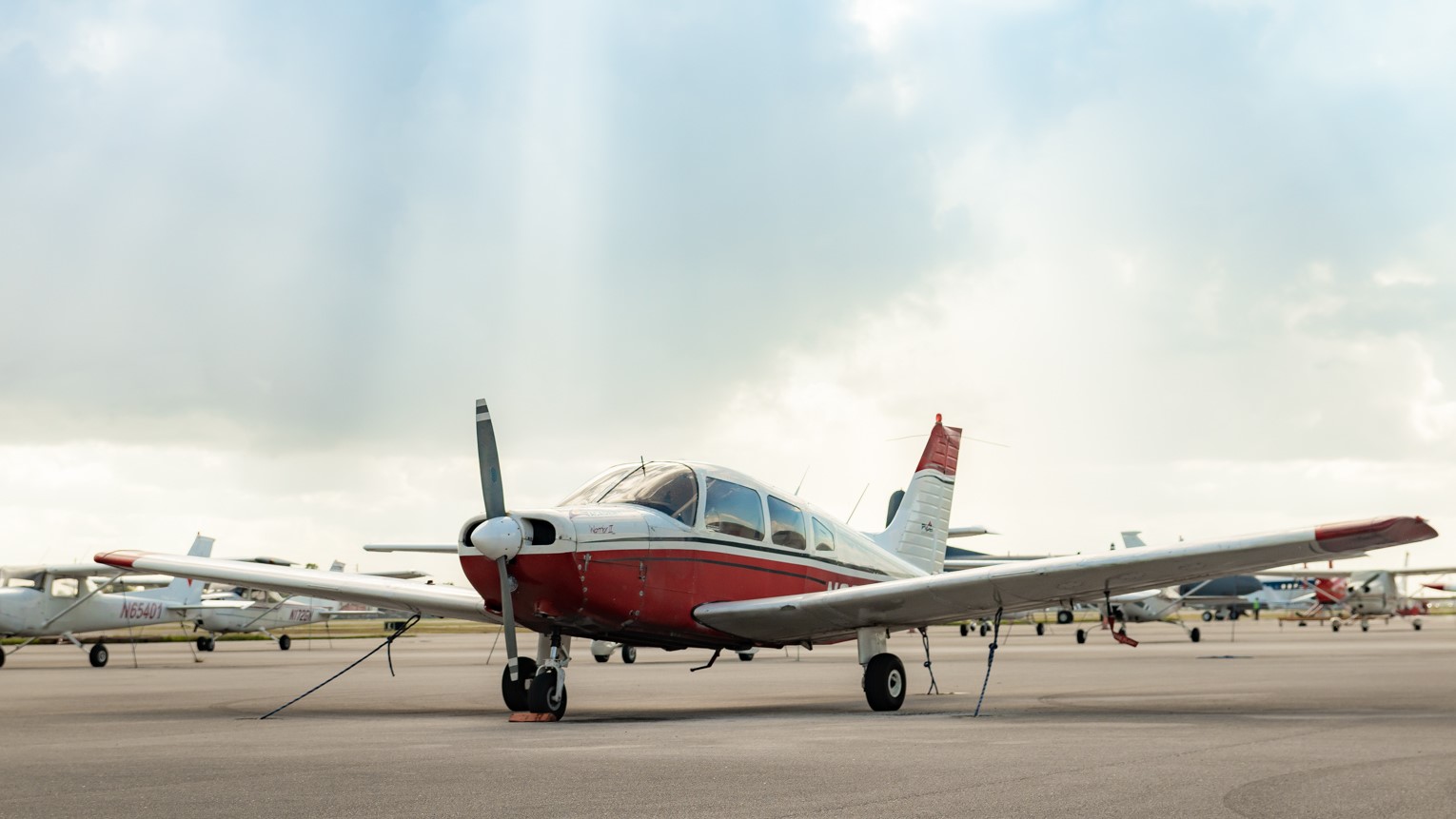
Diego, our recently graduated trainee, who finished his 0-ATPL(A) training just in September 2015 and was accepted to Ryanair Cadet Program, shares his experience of how to succeed at the interview:
My name is Diego, I am 21 years old and I completed my 0-ATPL(A) training in Flying Academy, Brno, Czech Republic in September 2015. I applied to Ryanair a week after I finished my MCC and got called for the interview for December 2nd.
The interview begins from the moment you walk into the building, not from when the assessment starts.
Make sure you are well dressed and act appropriately throughout the day, even after the actual interview is over!
The assessment begins with a briefing at 09:15 AM, which is given by one of the interviewers and during which you are paired up with your Simulator partner. The interviewer tells you what will happen throughout the assessment day and what will be expected of you. Pay attention to everything that is being said in the briefing! The assessor gave us some tips for the assessment and told us to be calm and not to stress too much about it.
The briefing lasts approx. 30 minutes and once that is done, the interviews begin!
Human Resources
I was the second person to be called for the HR and Technical interview and as anyone else would be, I was extremely nervous. However, once I got into the interview room, it went away. The interviewers were extremely friendly and took a very conversational tone with me (I was expecting an interrogation).
In the HR part of the assessment, they ask you personal questions e.g. tell me about yourself, why did you chose to apply to RYR, what was the hardest decision in your life, why do you think MCC is important, etc.
One advice I could give you is to walk in confidently, smile and be yourself.
Show that you are a confident and professional person. Also, make sure you read and get informed about Ryanair as they may ask you some questions about the airline.
Technical Interview
This is where you need to revise all your knowledge from ATPL studies as they may ask you questions on any subject and they can even ask you questions on the 737-800 as they did to me. However, you aren’t expected to know the aircraft well, as the majority of low-hour pilots they are hiring flew only the Pipers and Cessnas. Therefore the questions are very basic, such as seat configuration in RYR, the angle of sweep, type of engines, how many hydraulic systems, how the gear is operated, etc.
To prepare for this part, you have to STUDY, STUDY and STUDY some more. The book I would recommend is “How to Ace the Technical Pilot Interview” and also read the forums, write down all the questions you can and study from those. It is also a good idea to study some basic information about the 737-800.
Simulator Assessment
A week before the assessment, you receive a Briefing Pack, where they give you all the flight profiles with their callouts (Take off, Landing, Go-Around). You have to learn and know this briefing pack by heart, because they are giving you this as a guide, so make sure you use it!
You are given a Standard or Nonstandard departure, up to 45deg turns, radial interceptions, QDR or QDM interceptions. They may give you some simple emergency and then you complete the session with an instrument approach resulting in either Landing or Go-Around.
During this part, you are tested on your IFR skills, situational awareness, hand-eye coordination, but most importantly MCC & CRM Skills. Whether you are Pilot Flying or Pilot Monitoring help your colleague! Learn your HOLDING ENTRIES, revise radial and NDB interceptions.
Before you do anything, brief it in the same way as you did during your training.
Make sure you are setting the right frequencies and as for the communication, try to be loud and clear, because this is how they test your English proficiency.
And that would be the end of the assessment day!
Be relaxed, the interviewers are great guys who are really trying to help you, even if you get stuck!
They have been in our shoes and know how stressful it can be to be on your first interview. Make sure you are very well prepared and do your best. That is all you can do and the rest is up to the assessors! Last but not least, enjoy it! The interview is nowhere near as bad as you may think!
Growing Aviation market is giving lots of opportunities for low-hour pilots. Professional ab-initio training in Flying Academy takes approximately 12-16 months to finish. Book your seat now and start your career next year already.
Diego, Flying Academy Student Pilot

